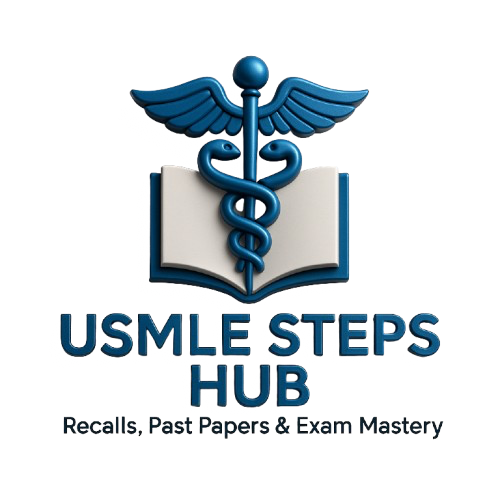Introduction
Preparing for the USMLE Step 1 in 2025? The exam has evolved, and so should your strategy. With changes in scoring, test formats, and study resources, students must adapt to maximize their scores.
In this guide, we’ll break down:
✔ What’s different in Step 1 2025
✔ Study habits of top scorers
✔ Hidden tools and resources
✔ Mindset shifts for a 260+ score
✔ Test-taking strategies that work
✔ Last-minute high-yield review tactics
Let’s dive in!
What Makes Step 1 in 2025 Different From Previous Years
Changes in Exam Format and Scoring
The USMLE Step 1 is now pass/fail, but don’t let that fool you—top residency programs still value high performance. The exam emphasizes clinical reasoning over rote memorization, with more integrated NBME-style questions.
Impact of Pass/Fail System on Preparation
Since a “Pass” is the minimum, students aiming for competitive specialties must go beyond the basics. This means mastering high-yield concepts and refining test-taking strategies.
Why Strategy Matters More Than Ever
With fewer students stressing over a 3-digit score, differentiating yourself requires precision. Efficient study plans, updated recall questions, and NBME practice test analysis are key.
The Study Habits Top Scorers Swear By
How They Build a USMLE Study Schedule (Step 1–3)
Top scorers plan backward from their test date, allocating:
-
60% for UWorld + Anki
-
30% for First Aid review
-
10% for NBME self-assessments
Balancing UWorld, Anki, and First Aid Effectively
-
UWorld first pass (timed, random) → Identify weak areas
-
Anki for retention (focus on incorrects)
-
First Aid as a reference, not a primary textbook
Why They Avoid Overstudying Low-Yield Topics
Stick to high-yield NBME concepts—don’t waste time on obscure details. Use Shelf exam topics to guide your focus.
Hidden Tools and Resources You Haven’t Heard Of
Using Updated USMLE Recall Questions (2025 PDF)
Real exam-taker recalls (USMLE Step 1 Gems) highlight repeated concepts—90% repeat rate in some cases.
Leveraging CCSE Practice Questions (2026)
The Clinical Science and Skills Exam (CCSE) mimics NBME logic—great for predictive practice.
How to Use NBME Practice Test Scoring to Your Advantage
Take NBMEs early to benchmark progress. Review every incorrect answer—patterns predict real exam performance.
Mindset Shifts That Separate 260+ Scorers
How They Handle Burnout and Self-Doubt
-
Pomodoro technique (25-min study bursts)
-
Weekly rest days to prevent fatigue
The Role of Confidence and Test-Day Psychology
Treat Step 1 like a clinical skill, not a school exam. Simulate test conditions with timed blocks.
Why They Treat Step 1 Like a Clinical Skill, Not a School Exam
The USMLE tests application, not memorization. Practice diagnostic reasoning over fact recall.
Test-Taking Strategies That Actually Work
How to Approach Tricky Multi-Step Questions
-
Read the last line first (identify what’s being asked)
-
Eliminate wrong choices before selecting
Time Management Hacks During the Exam
-
Flag & move on from tough questions
-
Budget 60 sec/question max
How to Use Shelf Exam High-Yield Topics for Step 1
Many Shelf exam concepts overlap with Step 1—review IM, Surgery, and Peds notes for extra reinforcement.
What They Don’t Tell You About Review and Revision
How to Use Med School Recall Sheets Effectively
Condense notes into 1-page recall sheets for rapid review.
Why the Last 4 Weeks Matter More Than the First 4 Months
-
Focus on weak areas
-
Re-do UWorld incorrects
-
Take 2+ NBMEs weekly
How to Do a High-Yield USMLE Review Package Sprint
Use USMLE Step 1 recall notes for a final 2-week sprint—prioritize most-tested concepts.
Conclusion
Step 1 in 2025 demands strategy, not just hard work. By using updated recalls, NBME insights, and efficient study plans, you can maximize your score—even in a pass/fail system.
🚀 Want an extra edge? Check out our USMLE Step 1 Recall Packages—90% repeat rate from real test-takers!
🔗 USMLE Step 1 Recalls
🔗 USMLE Step 2 CK Recalls
🔗 NBME Practice Exam Bundles
Limited-time discount available—download now!
